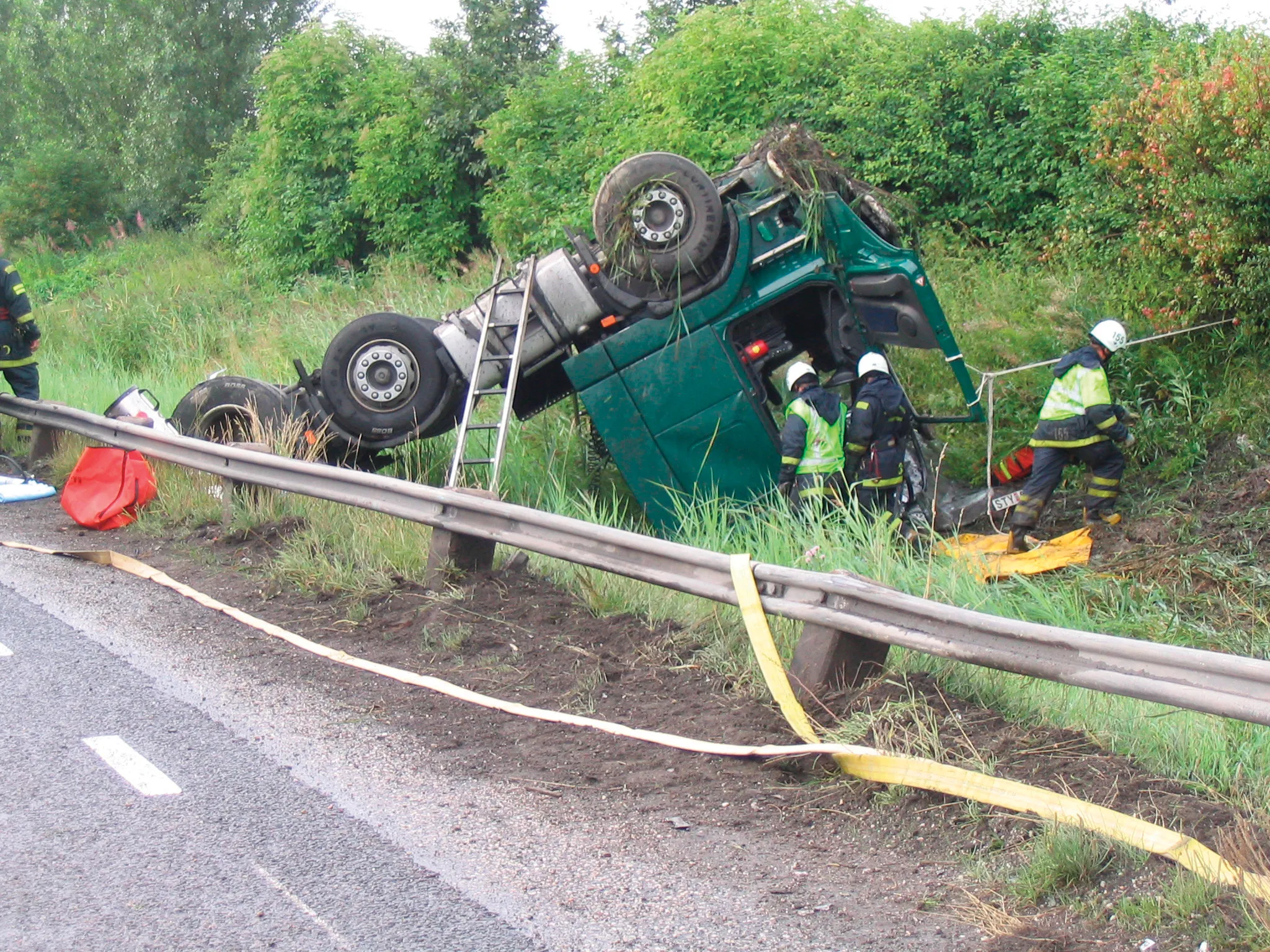Human error causes nine in ten truck accidents in Sweden, a report by Volvo Trucks claims. Many accidents are said to be due to lack of attention and misjudgements of speed, while only 0.5% of accidents involve drink-driving truck drivers. Meanwhile 25% of all fatal bicycle accidents in Sweden between 2008 and 2011 involved a truck or bus, according to figures released by the insurance firm If. The company hopes the study can be used to increase awareness about how different road users should behave in traf
January 21, 2013
Read time: 1 min

Human error causes nine in ten truck accidents in Sweden, a report by 2394 Volvo Trucks claims.
Many accidents are said to be due to lack of attention and misjudgements of speed, while only 0.5% of accidents involve drink-driving truck drivers.
Meanwhile 25% of all fatal bicycle accidents in Sweden between 2008 and 2011 involved a truck or bus, according to figures released by the insurance firm If. The company hopes the study can be used to increase awareness about how different road users should behave in traffic. The main cause of accidents is said to be right turns, where cyclists are travelling in the same direction.
Many accidents are said to be due to lack of attention and misjudgements of speed, while only 0.5% of accidents involve drink-driving truck drivers.
Meanwhile 25% of all fatal bicycle accidents in Sweden between 2008 and 2011 involved a truck or bus, according to figures released by the insurance firm If. The company hopes the study can be used to increase awareness about how different road users should behave in traffic. The main cause of accidents is said to be right turns, where cyclists are travelling in the same direction.








